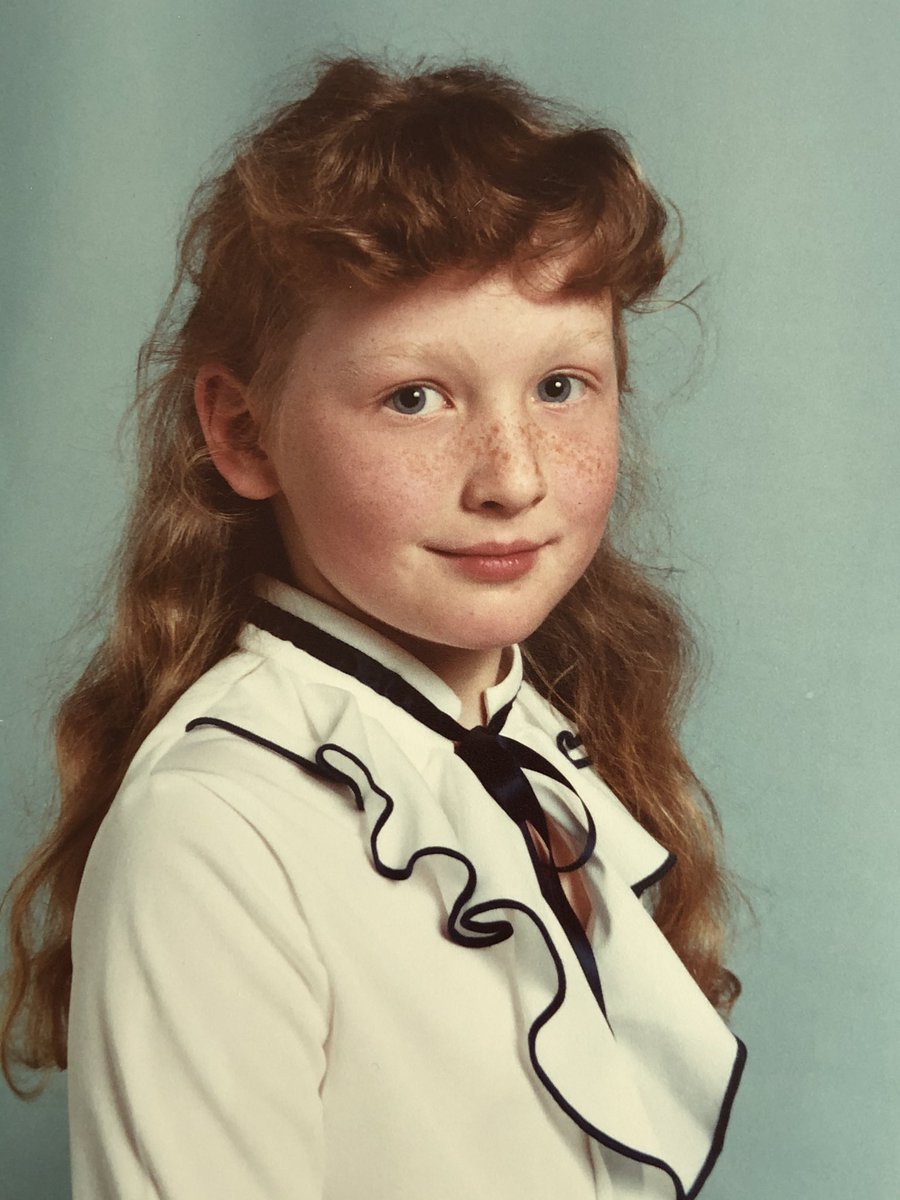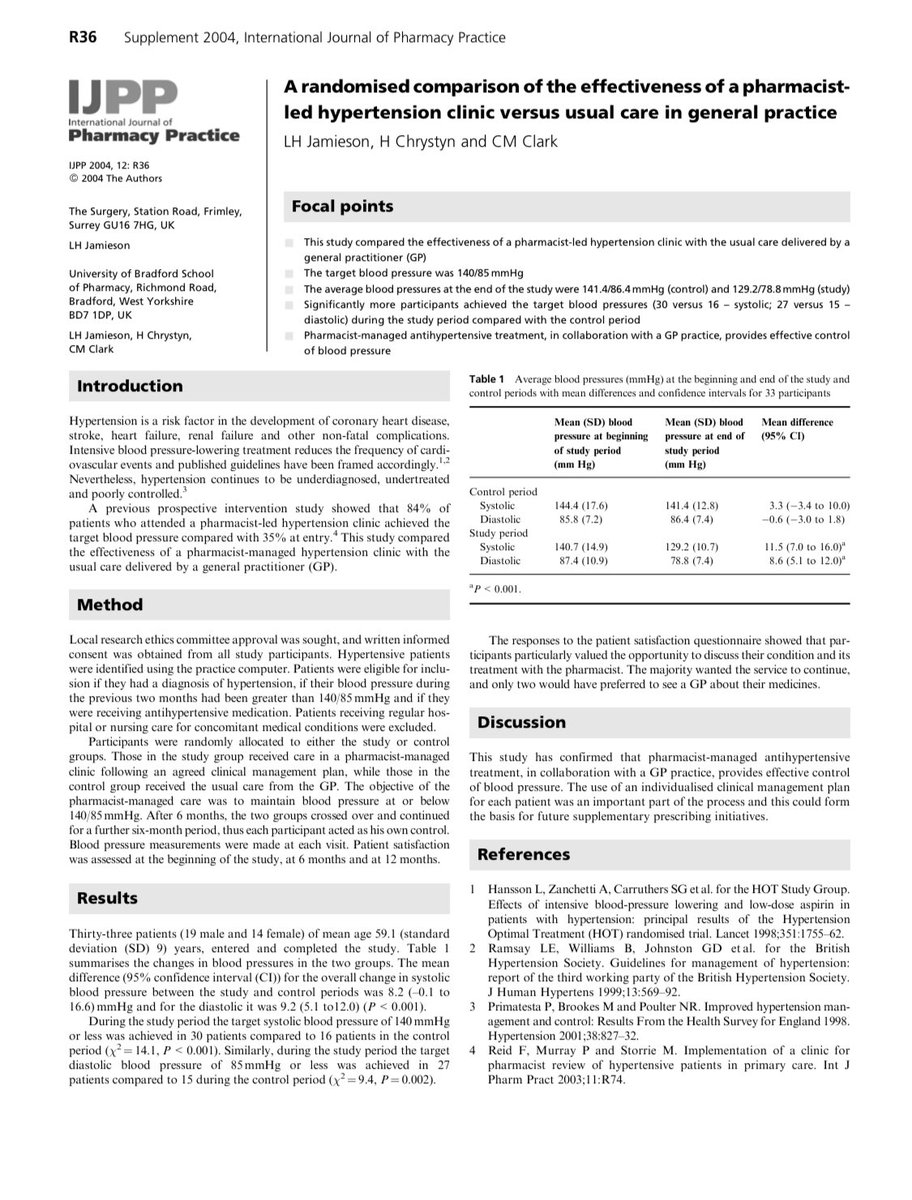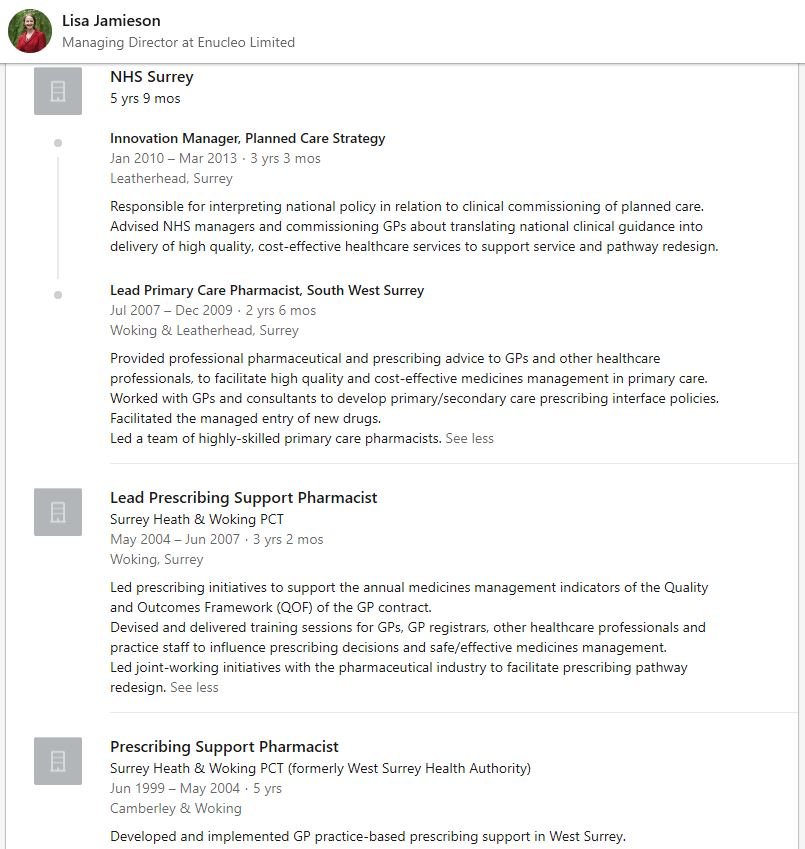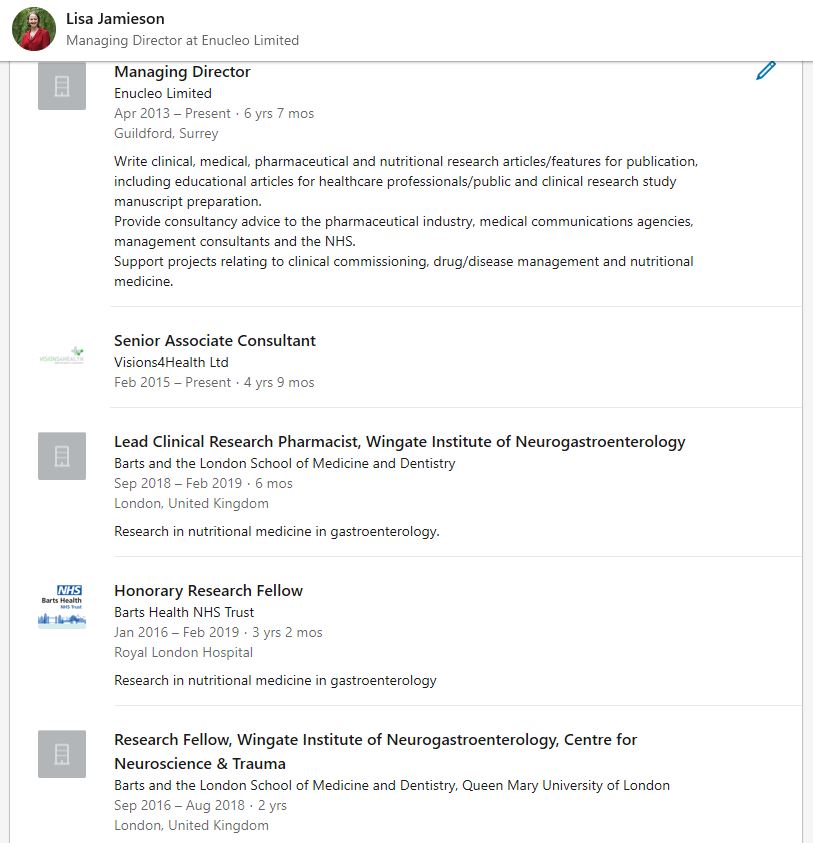
This little girl had an accident. Whilst riding a rusty old hand-me-down bicycle, she wasn’t strong enough or coordinated enough when going down a hill too fast. She fell off and landed on her face.
#WomenInSTEM
#AdaLovelaceDay
#AdaLovelaceDay21 🧵

#WomenInSTEM
#AdaLovelaceDay
#AdaLovelaceDay21 🧵


She knew she lacked coordination. She couldn’t throw or catch a ball very well. She was a slow runner and rubbish at sports. Her muscles were weak and often ached. She was always the last to be picked during PE lessons. She had to stop gymnastics due to random knee dislocations.
She got back on the bike. She kept trying until she found her confidence. When she realised that she enjoyed swimming, roller-skating, ice-skating, dancing (and later, nightclubbing) more than cycling, she chose to do what made her happier. The random knee dislocations continued.
Even though she was weak and slow physically, and had no talent for team sports, she had a sharp, curious and fast mind. She loved learning and was interested in science and the world around her.
At 13, she decided she wanted to become a pharmacist. Her school said that ‘science is too difficult for girls’ and refused to allow girls to do 3 sciences and maths at GCSE. She protested and got the school to change the timetable.
https://twitter.com/loveinyourtummy/status/1227243265881190400
At age 14, during the first year of her GCSEs, she had to have a knee operation to fix the random knee dislocations. She missed several weeks of school. She got very little support from school, but her friends helped by bringing home some of the work she missed. 

At 15, she applied to local pharmacies for work experience and then got a Saturday job in a local pharmacy, whilst doing her chemistry, maths and physics A-levels. At 17, she applied to 9 schools of pharmacy (5 universities and 4 polytechnics) and got 9 offers.
She chose University of Nottingham @UniofNottingham graduated in 1994, and became a registered pharmacist in 1995. Whilst at university, her other knee kept randomly dislocating. Each time, she would pop it back in, get back up, and get on with her day.
In 1999, at age 26, she was the first and youngest primary care pharmacist in West Surrey, working in general practice advising GPs on prescribing. There was no blueprint for her job role. She had to be innovative and design her own tasks, audits and strategies on a daily basis.
In 2002, a few months after getting married, she had the other knee operated on, to fix the random dislocations. The surgeon said she should recover in 2-4 weeks. It took 12 weeks to be well enough to return to work.
In 2004, whilst pregnant, she presented her clinical pharmacy MSc research at the British Pharmaceutical Conference, which was about a pharmacist-led blood pressure clinic in general practice. The novel research was chosen for the conference press release
news.bbc.co.uk/1/hi/health/36…

news.bbc.co.uk/1/hi/health/36…


In 2011, she started her second MSc, this time in nutritional medicine. She then became seriously unwell in 2014, and had to stop working and drop out of university. She had to take 9 months off work due to the serious illness, and 1 year off her studies. 

Whilst unwell, her sharp curious mind set to exploring and understanding *why* she has become unwell. She set to reading, researching, thinking and hypothesising whilst in her sickbed. 

She realised that she had an underlying connective tissue disorder. It not only explained her current illness, but also the random joint dislocations, the lack of coordination, muscle pain and a host of other lifelong symptoms and illnesses. 

She decided to experiment with her diet, based on her own ideas, hypotheses and nutritional medicine MSc studies. In the space of a few months, she was able to fix her health and put all of her lifelong pain and other symptoms into remission.
https://twitter.com/LoveInYourTummy/status/1250021033970630657
She then decided to do some research studies to test whether the beneficial impact of her dietary changes and nutrient supplements could be reproduced in others with her condition. This led to a job in research. She completed her nutritional medicine MSc researching her condition 
https://twitter.com/loveinyourtummy/status/984513151713579009

She was then massively let down and betrayed by the people who were supposed to be helping her to get her nutrition research up and running. It even included attempts to take the credit for her hard-won knowledge and discoveries.
https://twitter.com/loveinyourtummy/status/1178986941989232640
Her tenacity, persistence and ability to metaphorically ‘get back on her bike’ is innate and unwavering. She understands the necessity of standing up to injustices and challenging unfairness. Continuing to find courage and confidence is still important to her.
In the 7 years since making her nutritional medicine discoveries, and figuring out how to manage her lifelong illnesses and ailments with nutrition, she has become physically stronger and fitter than she has ever been. She has taken no prescription medicines for over 7 years.
https://twitter.com/loveinyourtummy/status/1250021046373269504
She is now 48. She still intends to share what she has discovered and can’t wait to tell her story, with all of its ups and downs, and its ‘heroes’ and ‘villains’.
She is still little, but is now a woman, who is older and wiser.
Thank you for reading.
#ThisLittleGirlIsMe
She is still little, but is now a woman, who is older and wiser.
Thank you for reading.
#ThisLittleGirlIsMe
• • •
Missing some Tweet in this thread? You can try to
force a refresh





